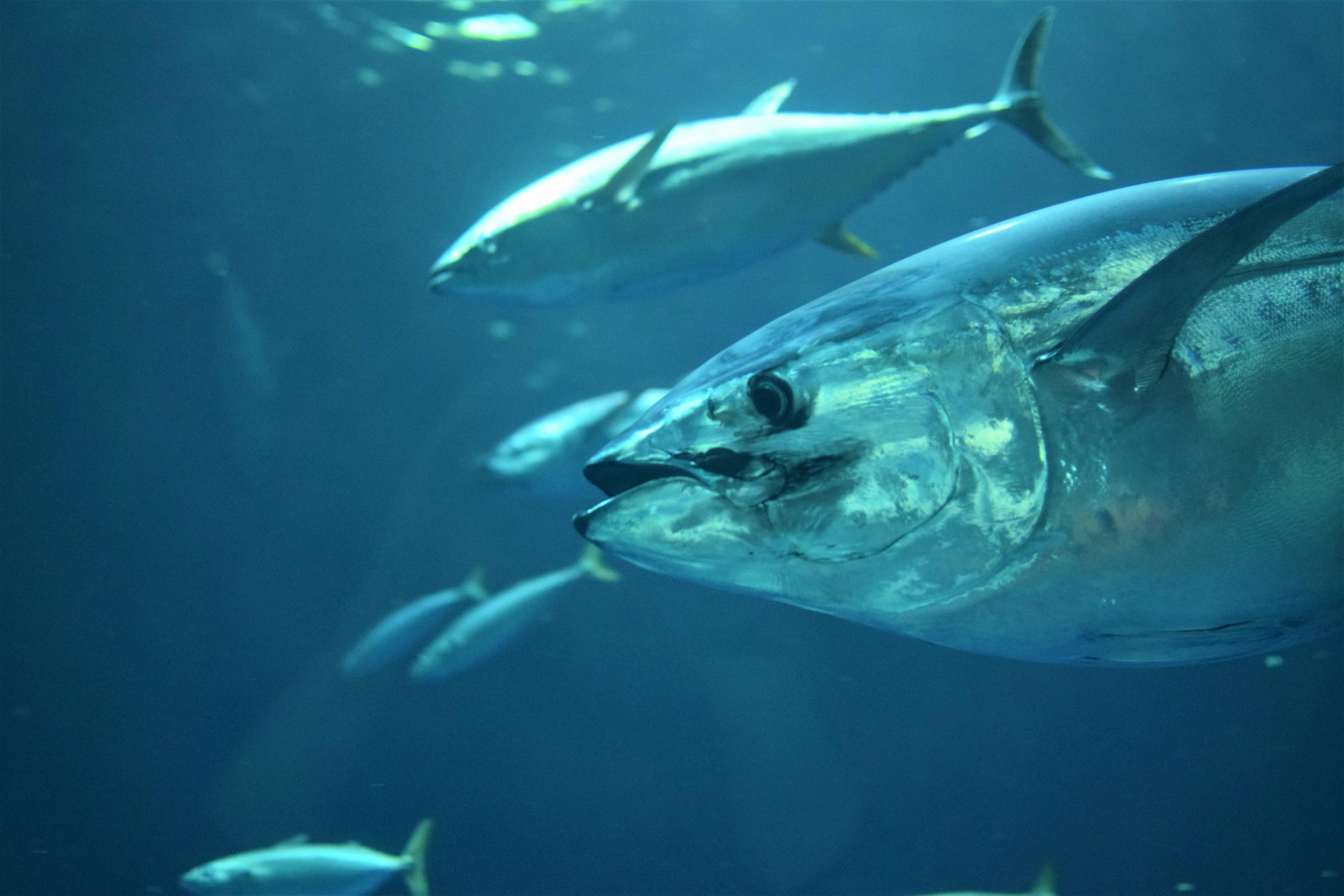

Climate and fisheries leaders are meeting to discuss the changes in tuna population due to changing ocean temperatures.
Kate Estes via Unsplash
Fish figures and their missing link to Niue’s economy
Gaps in fish population data in the Pacific Ocean could be devastating for island nations such as Niue.
Climate change and fisheries experts from the Pacific are in Wellington this week for discussions on climate change and their impact on fish populations.
Niue's advisor to the Ministry of Natural Resources and Director of Fisheries, Dr Josie Tamate, says the fishing industry has deep links to Pacific prosperity.
“It’s food security for our people, but it’s also important in terms of economic development.
“The revenue that we receive from fisheries support Niue’s economy, the money goes towards education, health and infrastructure in Niue.”
Dr Tamate, who was formerly the Director General for the Ministry of Natural Resources, told PMN Niue that there are limited records of how climate change and ocean warming is impacting fish migration, making it difficult to make predictions.
“Some of the forecasts that are starting to come through is that, at the regional level, there’s going to be a shift in some of the distribution of fish from the equatorial region of the western-central Pacific to the east, but what about moving down south?
“And with Niue being in the south part of the region, we’re also interested to know what impact that climate change will have on Niue.”
Niue’s economic exclusion zone (EEZ) is 470,000 square kilometres, and 40 per cent of its sovereign waters are marine protected areas.
Minister of Natural Resources Mona Ainu'u says a lot of the nation’s problems are the impact of global warming, but admits there are other factors.
“We have an abundance of sharks that have challenged a lot of fishermen who catch the tuna albacore or wahoo.”
Scientific evidence shows tuna migration has shifted, with fears this could result in multimillion dollar losses in tuna exports.
Speaking on PMN Niue, Ainu’u says there are other issues at play.
“One of our biggest challenges is the illegal, unregulated, unreported fishing in our EEZ because we can’t monitor that.”
Dr Tamate says specific data on fish population movement in the Pacific and Niue is very light, making it difficult to advocate the country’s position for global climate funding.
“Unfortunately for the Pacific and even Niue, our data is very light.
“So the question then is, how do we deal with the gaps in the data and what can we do to enhance our understanding ... so we have the evidence that we need when we go to negotiate at the international level, especially with respect to climate change and in particular, loss and damage.”


